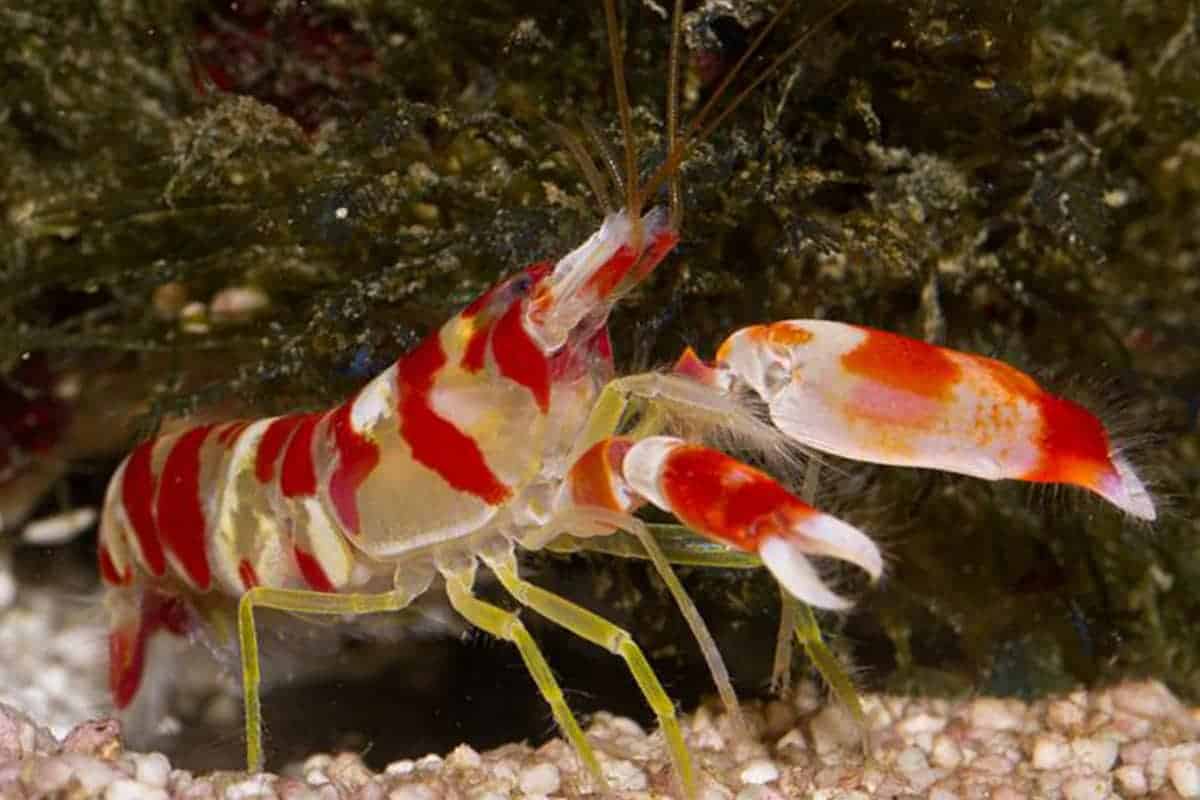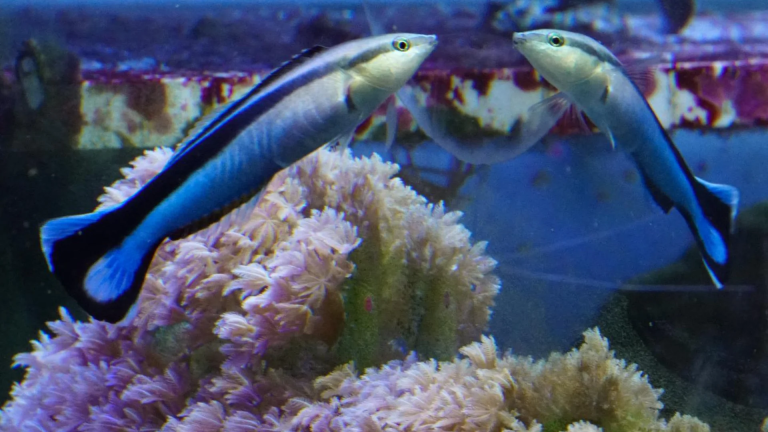
Among the ocean’s most surprising predators is the pistol shrimp, a tiny marine creature with a stunning superpower—its claw can create a sound louder than a gunshot. This shrimp doesn’t rely on brute strength but instead uses a specialized claw that snaps shut with such force it generates a cavitation bubble. When the bubble collapses, it creates a shockwave that stuns or kills nearby prey and momentarily reaches temperatures as hot as the sun’s surface.
Marine biologists have studied this behavior for years, intrigued by its evolutionary engineering. The claw’s design channels water so precisely that the collapsing bubble generates sound exceeding 210 decibels—louder than a jet engine. Despite their size, pistol shrimp can dominate entire reef sections and even create colonies with symbiotic relationships, such as those formed with gobies, where both species benefit from shared burrows and protection.
This sonic hunting method has inspired researchers in physics and engineering, influencing designs in sonar and underwater communication. The pistol shrimp’s behavior isn’t just fascinating; it’s a reminder of how extreme adaptations can evolve in the natural world, offering insights into both biology and future technologies.







